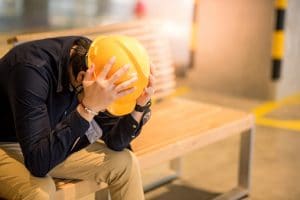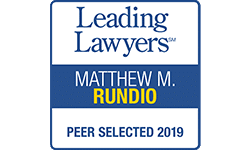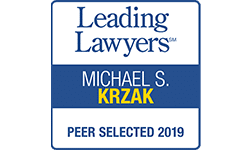Fatigue: It’s More Than a Feeling; It’s Also a Risk
 We grind. We tough it out. The subtle suppression of yawns could almost be considered part of our necessary skill set. We close our eyes “just for a second.” Just a second. What could go wrong?
We grind. We tough it out. The subtle suppression of yawns could almost be considered part of our necessary skill set. We close our eyes “just for a second.” Just a second. What could go wrong?
Fatigue and sleepiness are often used to describe the same thing. But they aren’t really synonymous. Sleepiness is the physiological desire to sleep. Fatigue describes a physical, mental or social impairment that includes tiredness, reduced energy and an increased effort to perform at top level. Fatigue happens to everyone, but some are more at risk than others.
Adults need an average of seven to nine hours of sleep each day, but 30 percent report averaging less than six hours, according to the National Health Interview Survey. Nearly four out of 10 employees in the United States suffer from sleep loss.
In Northern Illinois and Chicagoland and nationwide, fatigue related incidents include:
- Shift workers, especially those toiling the night shift, rotating shifts, long hours or having early-morning start times.
- Workers who perform a task for extended periods or repeatedly.
- Individuals who get less than seven hours of sleep per night.
- Parents and caregivers of young children.
- Individuals with untreated sleep disorders such as obstructive sleep apnea.
Fatigue is a growing problem in the workforce, causing an estimated 13 percent of work injuries. A new report from the National Safety Council (NSC) shows that 97 percent of workers have at least one workplace fatigue risk, while more than 80 percent have more than one risk factor. When multiple risk factors are present, the potential for injuries on the job increases.
We all tend to make light of how little sleep we get. Our overworked and over-tired existence has become a new normal. We wouldn’t let a friend drive drunk, but we rarely take the keys away from our tired friends. Nor do we insist that they take a nap before heading out on the road.
The National Safety Council also found that:
- You are three times more likely to be in a car crash if fatigued.
- More than 5,000 people died in drowsy-driving related crashes in 2015.
- Losing even two hours of sleep is not unlike the effect of drinking three beers.
- Being awake for more than 20 hours is the equivalent of being legally drunk.
Experts say employers can help combat fatigue by offering breaks, scheduling work when employees are most alert and promoting the importance of rest. However you put it, catching your zzzzzzs is vital.
If you need an experienced attorney after a work-related injury contact the offices of Schweickert & Ganassin, LLP.








